An experiment in discipleship
As a family we are looking at ways we can intentionally and creatively build into one another, nurturing one another’s gifts and talents in order to multiply our ministry and grow further and faster. Dr Ruth Bancewicz, Church Engagement Director at The Faraday Institute for Science & Religion, tells us how she has been putting this into practice in her context.
I could give talks and lead discussions on science and Christianity until I’m blue in the face, but unless I teach others to do the same I won’t make much of an impact on the world. Over ten years ago one of the directors at the Faraday Institute for Science and Religion, where I work, suggested that I was ready to train others. I was just a couple of years into my time as a communicator on this topic, so I didn’t feel I had very much to pass on. He pointed out that to someone who had done nothing, I was an expert!
Others have given so much to me, inviting me to share a platform with them, putting their reputation behind my new projects, or sacrificing time to give me advice, feedback and support. I’m incredibly grateful for all this input, which has meant that I have had the chance to learn, try things out, make mistakes and try again.
I’ve always tried to give back, and in a sense forwards, by being involved in training new speakers and giving people opportunities to contribute in different ways. As Mike Betts and others in Relational Mission began to teach about discipleship as a way of multiplying what we do, it brought these activities into much sharper focus for me.
One of the main things that holds well-qualified people back from contributing in the area of science and Christianity is that they just haven’t got around to it. Either they haven’t had time to get their head around things so they can become confident enough to contribute, or they haven’t been given the opportunity – and didn’t have time to create opportunities for themselves. I began to wonder, how can I help others with a scientific background to grow in their understanding of science and faith, and to start giving back to the church? How can I get to know the people who have something to contribute, so I can give them opportunities?
See-one-do-one
So I tried an experiment in my own church (City Church Cambridge). I offered two courses as part of our ongoing small group programme, called ‘Science and Faith: Equipped to Serve’ and ‘Science and Faith: For Everyone’. Every other Tuesday night for five weeks the ‘Equipped to Serve’ group – four scientists from the church and myself – have been gathering to think about how science and faith fit together, using the Test of FAITH material that I developed some years ago. We’ve been able to tackle the science as well as the theology at a reasonably high level, which has made for some fun discussions!
In the intervening weeks we were joined by the ‘For Everyone’ group: half a dozen non-scientists from the church. One of the scientists took a turn to run the same session from the previous week. Delivering pre-prepared material to a small group of church family is a fairly unintimidating first gig, so everyone had a go. It was a bit of a risk but a great group of people signed up, bringing a huge amount of knowledge and creativity to the table.
I learned far more than I had expected from the sessions with the scientists. It was exciting to discover how much people had already thought and experienced, and see the world from their different perspectives as specialists in very different fields. There were a few light-bulb moments, but mainly it was about expanding our horizons and finding ways of explaining what we believe.
I also learned a huge amount with the bigger group. It was very special seeing my own church family interacting with new topics and sharing from their own faith journeys – and they were very forgiving with my own group discussion mistakes!
I’m hoping that others in my network of science-faith speakers will try this experiment in their own churches, and find that it works equally well. My hope is that we can help increasing numbers of scientists to start serving their own churches, and beyond.
Maybe this see-one-do-one approach could be a way to try teaching other things in the church. I’m sure it’s not an enormously original idea, but just something to remember for the list of ways to grow leaders.
